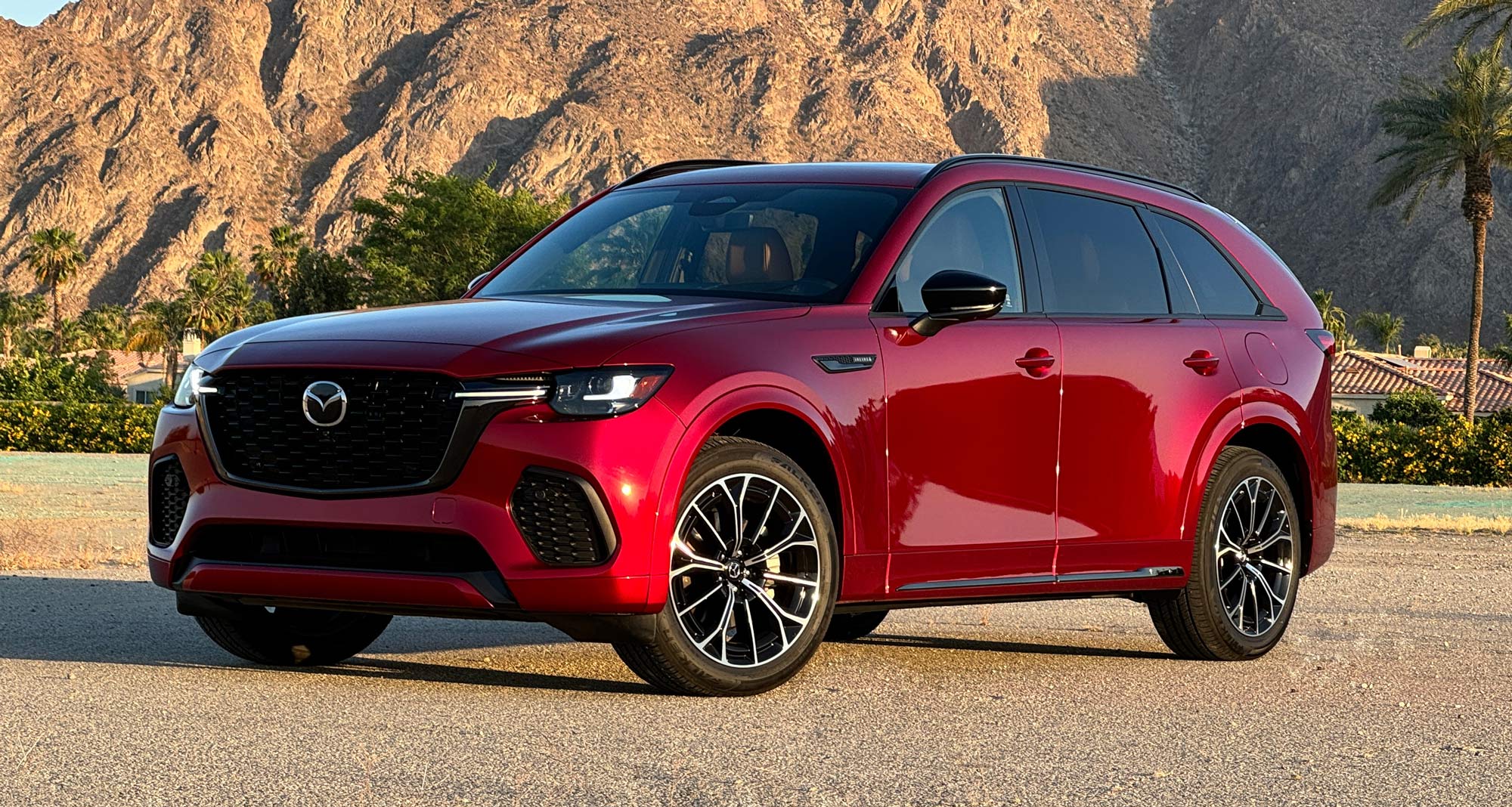What Are Carbon Offsets?
This emissions-fighting strategy funds many eco projects.
 Getty Images
Getty Images
QuickTakes:
As the effects of climate change become increasingly apparent, there can be a social imperative to live a low-carbon lifestyle. Or in the case of a large corporation, to make business operations more sustainable. There are many ways to reduce your carbon footprint, ranging from recycling your empty yogurt cartons to buying an electric vehicle, or replacing plane trips with bus or train travel. Purchasing carbon offsets is another way to compensate for your environmental impact.
Carbon Offsets Explained
A carbon offset is a means of financing the removal or avoidance of one metric ton of carbon. The intent is to reduce the amount of CO2 in the atmosphere as a means of slowing the rise of the Earth's temperature.
A government, corporation, or individual may choose (or be required) to purchase carbon offsets in an effort to balance their own emissions and reduce their climate impact. These investments then fund environmentally friendly projects of the investor's choosing, such as supplying wood- or coal-burning communities with more efficient stoves, installing wind turbines to generate clean energy, planting new trees to restore degraded forest land, or other programs.
Buying carbon offsets is becoming common practice in certain industries, either done voluntarily or through mandates. Some airlines, for example, offer eco-conscious customers the opportunity to purchase offsets to account for their portion of a flight.
Companies Use Carbon Offsets to Offset Emissions
To reduce the pace of climate change, some governments — such as those in the European Union — often require certain companies to purchase carbon offsets to make up for the emissions produced by their business operations. Those transactions take place on regulated markets, which allow companies to buy and trade emissions allowances with one another as needed. Corporations that fail to meet the government mandates may incur fines.
Companies can also buy carbon offsets on a voluntary basis. The motivations behind this vary. A corporation might be anticipating future regulation, for example, or hoping to gain the support and business of environmentally minded customers. If a company has proof of purchase for carbon offsets to counterbalance all its emissions, it can claim that it's carbon neutral, which can bode well for marketing as well as the environment.
Car Companies Buy — and Sell — Carbon Offsets, Too
Automakers' immense carbon footprints include not only the emissions involved in manufacturing millions of vehicles each year, but also those that come from customers driving and eventually disposing of their car parts.
As a result, car companies have long been a target of regulators. In the United States and abroad, fuel-economy standards and incentive programs have helped speed the development of alternative-fuel vehicles, including hybrids and electric vehicles (EVs). They've also given EV-focused firms such as Tesla an additional revenue stream — the company has made billions merely by selling EV credits to heavily gas-dependent competitors.
Carmakers may also choose to buy carbon offsets on a voluntary basis, as Audi does to reduce the emissions created in the production of the e-tron GT, for example. Some manufacturers, including Honda and BMW, have also invested in projects that aim to develop new ways of removing carbon from the atmosphere.
Individuals Can Buy Carbon Offsets to Offset Their Impact
If you're so inclined, you can spend a few minutes plugging information into an online calculator to get an estimate of the amount of carbon emissions your car (or your lifestyle) produces in a given period.
The
However, you should note that these calculations are not an exact science. They're merely estimates based on assumptions about a number of factors, such as how much electricity a comparable household uses, the average fuel economy your car achieves, and the mix of meat and vegetables in your diet. If you keep your thermostat at 62 degrees in the winter to save on heat or drive your car primarily by coasting, you're likely to emit less than the calculator says.
Results Will Determine Effectiveness of Carbon Offsets
Before you spend money on offsets, it may be useful to know how well they work at avoiding or removing carbon emissions. Unfortunately, this is difficult to quantify, given how varied the programs are and how they measure success.
For example, to determine how much CO2 a particular reforestation project removed from the atmosphere, you'd need to know what was on the land before the project started, what kind of trees were planted and how much carbon they draw in, how often the area is threatened by forest fires, and so forth. And evaluating the success of renewable-energy or sustainable-agriculture programs would require entirely different sets of information.
While most carbon offsets can be effective, it's hard to ascertain their comparative environmental impact without setting fixed variables. Fortunately, most carbon offsets are relatively inexpensive.
In 2020, the average price to offset one metric ton of carbon was $2.50. That can add up when you're responsible for billions of tons of CO2 emissions, as many Fortune 500 companies are. But for the average person — who's responsible for about 16 tons of CO2 emissions annually — the cost to offset one's lifestyle is likely more reasonable.



